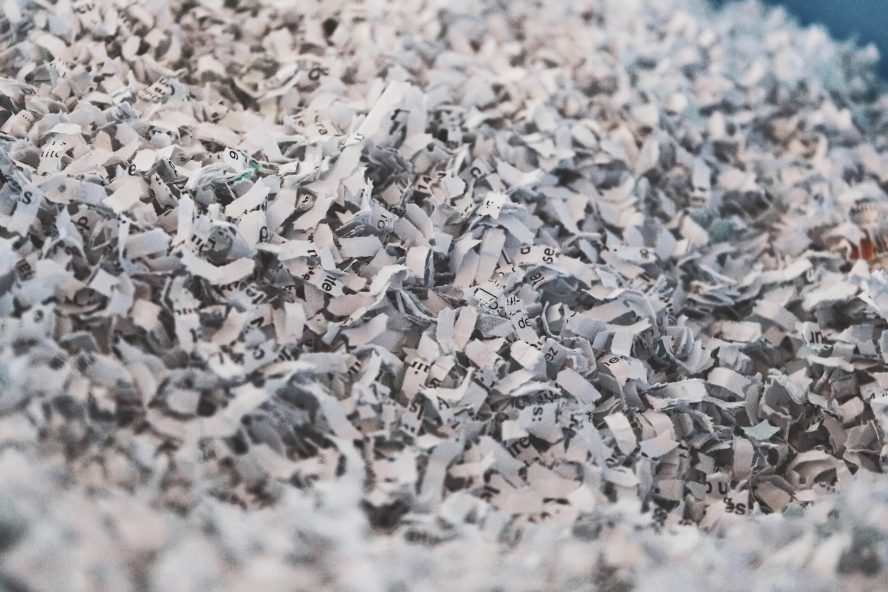Exams are an important part of a student’s academic life. With such a big aspect of school, it is only natural for students to worry about possibilities and worst-case scenarios – such as failing an exam or even being disqualified from one. Disqualification can be one of the biggest causes of worry for a student. How do you know, then, if you’ve been disqualified from an exam?
To put it briefly, if you are going to be disqualified from an exam, you will first be notified that a misconduct report will be sent to the exam board. This will happen either immediately by the exam centre (if the exam hasn’t started yet), or by an exams officer right after the exam. In every case, the student will be directly notified of this as to not create any misconceptions (and typically the parent or guardian too). The exam board will review the report and notify you, usually by letter, if you have been disqualified.
While this may have given you a brief overview of how you can tell if you’ve been disqualified, it may help to read more for further information.
How do you know if you’ve been disqualified from an exam?
Don’t worry – if anything has happened that may disqualify you from an exam, you’ll be told pretty much immediately. This might be before the exam, by the exam centre or exams officer, or it might be directly after the exam.
Being disqualified from an exam is a pretty big occurrence – which is also hard to miss. While it happens, it’s not extremely common in each school. You’ll be told very quickly of your status, whether it be in the exam hall, or in a teacher’s office.
At this stage, they will be telling you they will file a misconduct report and send it to the exam board. The exam board will review this, and get in touch, normally via letter, to let you know if you have been disqualified.
Depending on what you did to be disqualified, you might be disqualified from the entire exam board. When this happens, you can’t take any exam under that exam board for a set amount of time (this goes up to five years), after which you’ll be on probation. This can seriously impact a student if they’re disqualified from a GCSE and their chosen A-Level is under that board.
What should you do if you’ve been disqualified from an exam?
Firstly, if you know you’ve been unfairly disqualified for an exam, you can appeal the disqualification. This can happen by getting in touch with the school’s exams admin and submitting an appeal. If it’s clear that you weren’t meant to be disqualified, they’ll have sympathy for you – but it won’t be the same if you were caught obviously cheating.
Your only other option is to do exam resits. English and Maths will be free if you’re doing GCSEs, as you are required by law to retake them if you don’t pass. Other exams won’t be free and are up to you to resit. However, this can significantly delay any post-16 applications, or any university applications if you’re doing A-Levels.
To read more about what happens when you’ve been disqualified from GCSEs, check out this article from Think Student.
What are the reasons you might be disqualified?
There are several reasons a student can get disqualified from an exam. The first includes not following the invigilator’s exam rules that they announce at the beginning of each exam – breaking these can lead to a quick disqualification.
This could be anything from leaving your notes in your pocket, to bringing in an electronic (like your phone). To avoid any risk of disqualification, check your pockets and turn in anything that might arouse suspicion – such as a watch or earbuds, even if you aren’t planning to use them. You can be disqualified for talking to someone or communicating with them, even if the exam has finished or it hasn’t begun yet.
Depending on your circumstances, you can be disqualified from just the exam – in which you will receive 0 marks, or you could be disqualified from a whole board – in which you won’t be able to take exams with that board for up to five years.
Even if you’re outside the exams, you could still be disqualified. This can happen if someone is caught selling or procuring ‘leaked’ exam papers. Not only is this against the rules, but it’s also taken extremely seriously and can significantly impact a student’s academic future.
If you’re caught cheating, you will also be disqualified. This can include anything from bringing in your notes, or writing them down on your arm.
If you would like to read the rules of the exam hall announced by invigilators, check out this file from JCQ (Joint Council for Qualifications).
